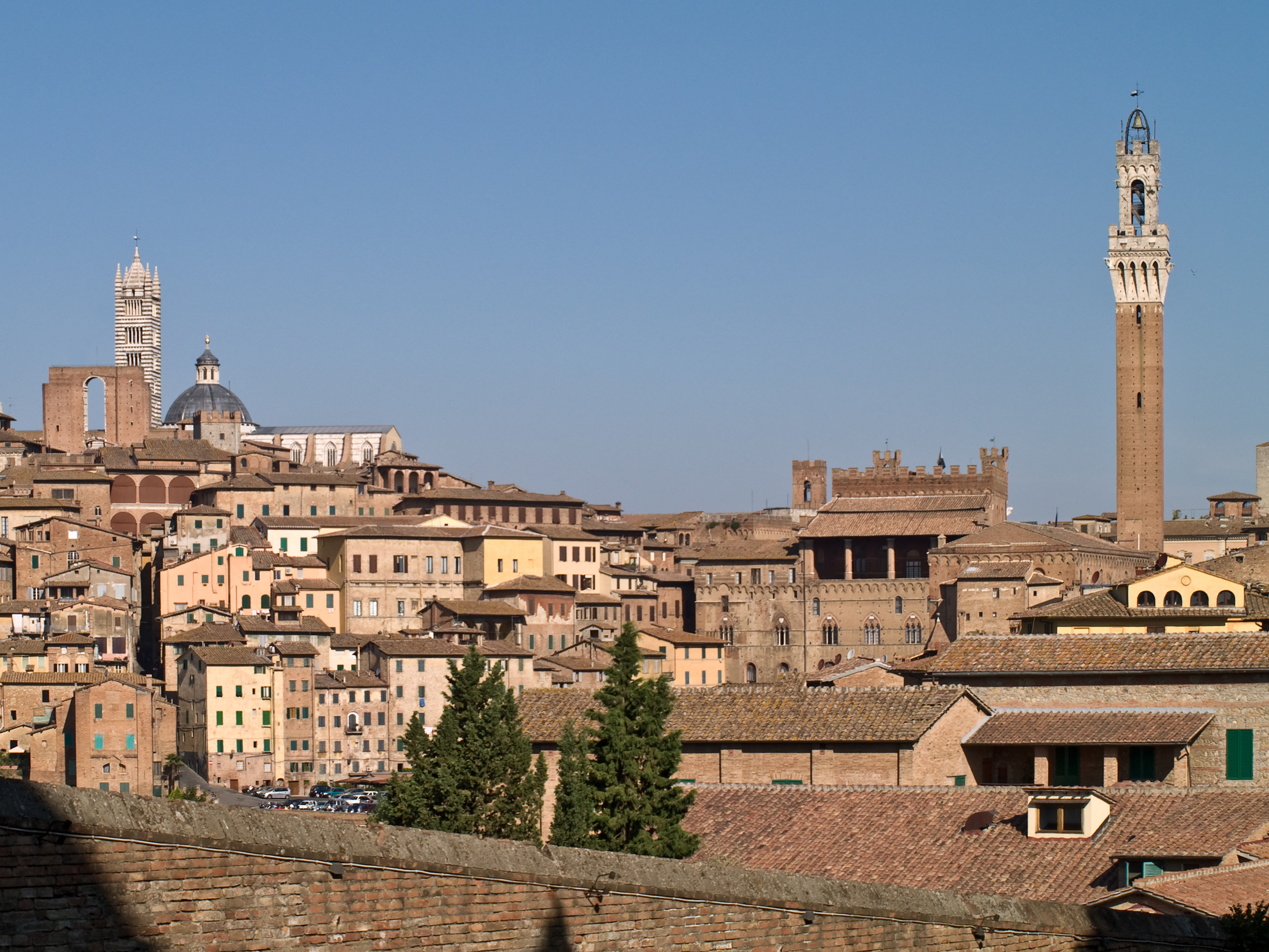|
Vincenzo Filliucci
Vincenzo Filliucci (''Filiutius''; Siena, 1566 – Rome, 5 April 1622) was an Italian Jesuit moralist. The ''Provincial Letters'' of Blaise Pascal, and ''Les Extraits des Assertions'', make much out of their quotations from his writings.The ''Catholic Encyclopedia'' says by garbled quotation, contradicted, e.g., by H. F. Stewart, ''Les Provinciales de Blaise Pascal'' (1919), note p. 266-7. Life Having entered the Society of Jesus at the age of eighteen and made the usual course in classics, science, philosophy, and theology, he professed philosophy and mathematics for some years, and later became rector of the Jesuit college in Siena. Being summoned to Rome to fill the chair in moral theology in the Roman College, he taught there for ten years with great distinction. Pope Paul V appointed him penitentiary of St. Peter's, a post he filled until his death in the following pontificate. Works Fillucci's major work, ''Moralium Quæstionum de Christianis Officiis et Causibus Con ... [...More Info...] [...Related Items...] OR: [Wikipedia] [Google] [Baidu] |
Siena
Siena ( , ; lat, Sena Iulia) is a city in Tuscany, Italy. It is the capital of the province of Siena. The city is historically linked to commercial and banking activities, having been a major banking center until the 13th and 14th centuries. Siena is also home to the oldest bank in the world, the Monte dei Paschi bank, which has been operating continuously since 1472. Several significant Renaissance painters worked and were born in Siena, among them Duccio, Ambrogio Lorenzetti, Simone Martini and Sassetta, and influenced the course of Italian and European art. The University of Siena, originally called ''Studium Senese'', was founded in 1240, making it one of the oldest universities in continuous operation in the world. Siena was one of the most important cities in medieval Europe, and its historic centre is a UNESCO World Heritage Site. From January until the end of September of 2021 it had about 217,000 arrivals, with the largest numbers of foreign visitors coming ... [...More Info...] [...Related Items...] OR: [Wikipedia] [Google] [Baidu] |
Carlos Sommervogel
Carlos Sommervogel (8 January 1834 – 4 March 1902) was a French Jesuit scholar. He was author of the monumental ''Bibliothèque de la Compagnie de Jésus'', which served as one of the major references for the editors of the Catholic Encyclopedia. Life Born in Strasbourg, Sommervogel, was the fourth son of Marie-Maximillian-Joseph Sommervogel and Hortense Blanchard. After studying at the lycée of Strasbourg, he entered the Jesuit novitiate at Issenheim, Alsace, 2 February 1853, and was sent later to the College of Saint-Acheul, Amiens, to complete his literary studies. In 1856, he was appointed assistant prefect of discipline and sub-librarian in the College of the Immaculate Conception, Rue Vaugirard, Paris. Here he discovered his literary vocation. The ''Bibliothèque'' of Augustin and :nl:Aloys de Backer was then in course of publication, and Sommervogel, noting its occasional errors and omissions, made a systematic examination of the whole work. Four years later, Augus ... [...More Info...] [...Related Items...] OR: [Wikipedia] [Google] [Baidu] |
16th-century Italian Roman Catholic Theologians
The 16th century begins with the Julian year 1501 ( MDI) and ends with either the Julian or the Gregorian year 1600 ( MDC) (depending on the reckoning used; the Gregorian calendar introduced a lapse of 10 days in October 1582). The 16th century is regarded by historians as the century which saw the rise of Western civilization and the Islamic gunpowder empires. The Renaissance in Italy and Europe saw the emergence of important artists, authors and scientists, and led to the foundation of important subjects which include accounting and political science. Copernicus proposed the heliocentric universe, which was met with strong resistance, and Tycho Brahe refuted the theory of celestial spheres through observational measurement of the 1572 appearance of a Milky Way supernova. These events directly challenged the long-held notion of an immutable universe supported by Ptolemy and Aristotle, and led to major revolutions in astronomy and science. Galileo Galilei became a champion of ... [...More Info...] [...Related Items...] OR: [Wikipedia] [Google] [Baidu] |

